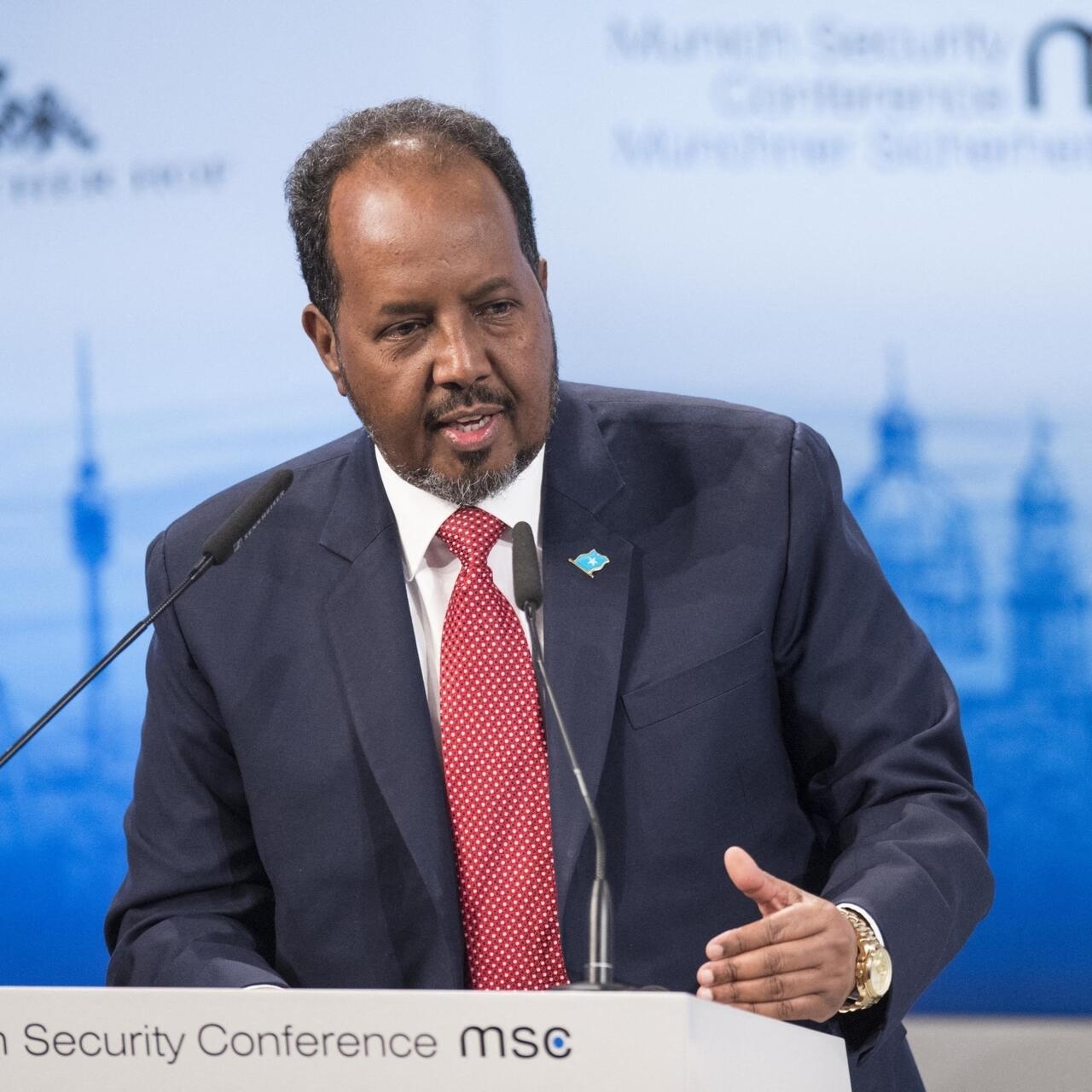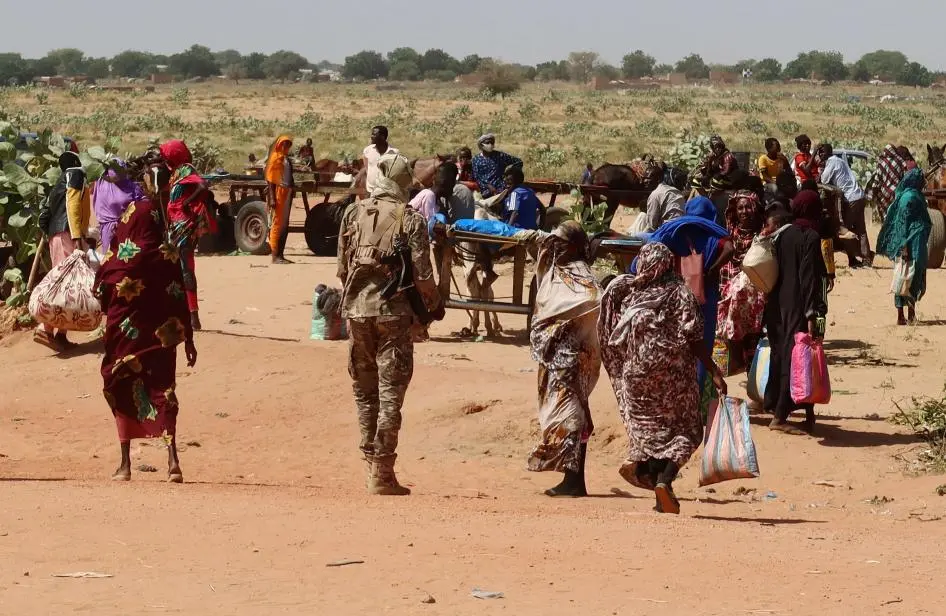Somalia’s President Hassan Sheikh Mohamud has signed a law that “nullifies” the contentious memorandum of understanding between Ethiopia and a breakaway Somaliland region in a largely symbolic move expressing his government’s displeasure over the deal to grant port access.
As part of the deal that was announced on 1 January, the landlocked Ethiopia will gain a long-sought access to the Red Sea through Somaliland that also plans to lease a 20-km stretch of land along its coastline to Addis Ababa to establish a naval base. Somaliland President Muse Bihi Abdi said the agreement also includes a statement that Ethiopia would soon recognize the territory as an independent country. Somalia, which considers Somaliland part of its territory, immediately condemned the deal as an act of “aggression” and a violation of its sovereignty and recalled its ambassador from Ethiopia. The new law, signed by Somalia’s president on Saturday (6 January), voided the “illegal” pact signed by Somaliland, a separatist northwestern region over which Somalia exercises little real authority.
Meanwhile, the deal has raised tensions in the Horn of Africa and the African Union (AU), United States, European Union and the Arab League have called for calm, urging all sides to respect Somalia’s sovereignty and territorial integrity. The African Union chairperson Moussa Faki Mahamat has urged Ethiopia and Somalia to engage without delay in a negotiation process to settle their differences. Also Egyptian President Abdul Fattah al-Sisi has pledged his support for Somalia in its face-off against Ethiopia, assuring Somalia’s president that “Egypt will maintain a firm position alongside Somalia and support its security and stability”. Since Ethiopia lost its access to the sea after Eritrea’s secession in 1993, Addis Ababa had initially maintained access to an Eritrean port until the two countries went to war in 1998-2000, and since then it has been using a port in Djibouti for most of its imports and exports.



